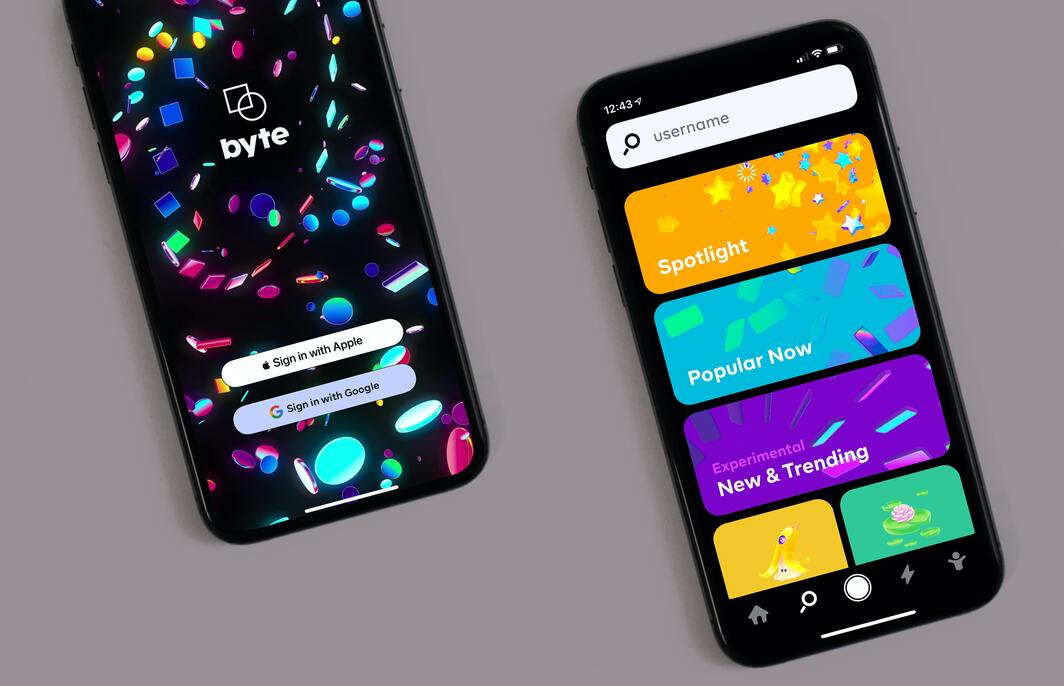— This fall, we are organizing Mobius for the first time, and you participate there both as a speaker and as a member of the program committee. What are your expectations from the conference compared to what happened in St. Petersburg? What difference do you see?
– Since the last Mobius in St. Petersburg was two days, and here it will be one day, there will be a slightly different format. On the one hand, there will be fewer reports. And on the other hand, this allows you to make the selection as strict as possible and show the “best of the best”.
And at the same time, since the conference will be held here for the first time, there is a sense of experiment here: let’s see how the local audience behaves.
— You are just familiar with both the local iOS community and the St. Petersburg community — and how, in your opinion, do they differ? In your opinion, is there a difference between the way they write for iOS in the two cities?
– Judging by the feedback after CocoaHeads, the local community is a little more spoiled: approximately the same level of reports in St. Petersburg are estimated at 15% -20% higher than in Europe. This is most likely due to the amount of material on the market: the more events take place in the city, the higher the expectations and the stricter the ratings.
And I also see the difference in the development itself. In Europe, there is a bias towards complex solutions. Roughly speaking, here they rather want to solve one component is difficult, but in St. Petersburg many components are simpler. Most likely it has to do with lifestyle. Because there are a lot of developers here, a lot of vacancies, you come to work, you have one task there for a week, and you write it the way you want. I could write it, figuratively speaking, in three lines of code, but you have a whole week, you are bored, and you write it in a thousand lines, write some kind of complex architecture on top. As a result, although it seems that it is faster here, I see the difference as follows. This is good in its own way, solutions are becoming more flexible and testable, the entry threshold when working with old components by new developers is reduced.
This question was probably asked by more than one mobile developer who creates applications for iPhones and other apple technology. Apps are being removed from the App Store, articles are being scared by the fact that soon all smartphones will turn into a brick – the situation is tense. Maybe you should look for another job?
To know for sure and drive away gloomy thoughts, you need to get the details from those who are developing for iOS and see the situation from the inside.
Three industry experts shared their thoughts on the future of iOS development:
How has Apple evolved over the past couple of years?
Roman Busygin: Apple does not stand still. Rumors about their new products are constantly seething, and competitors are closely watching the company’s actions. In my opinion, this is an excellent indicator of development.
Denis Vizigin: Brilliant! Apple released their own chips – now M2. Xcode Cloud for CI and CD has been released – it used to work with crutches. Apple continues to develop Swift and SwiftUI – a lot of sugar has appeared here.
Apple are improving their ecosystem and are ready for change. The trial of Epic showed that Apple products will be democratized: first they will try to take away part of the proceeds from payments from Apple, then alternative stores will probably be returned. I think in the short term this will increase the popularity of the platform, not decrease it. If the recession does not kill them, then everything will be fine for them for a long time to come.
Ilya Evseev: If you look at the development of programming languages, then a noticeable change can be considered a total rejection of Objective-C. Almost everyone switched to Swift, which, of course, is also developing: things more familiar to programming appear in it.
New frameworks have also appeared, such as Swift UI. I think that in the near future large companies will begin to implement them, and smaller ones will follow them. That is, development is not only in the direction of existing solutions in the form of programming languages, but also in breadth.
The number of vacancies is increasing because different companies are actively hiring iOS developers – both classic IT companies like Yandex, VK and similar, and startups. Accordingly, the number of users has increased. People are getting used to using the browser and getting used to the fact that there are applications for everything.
What has changed after blocking by Apple?
Roman Busygin: Now new iPhones can still be bought in, and the demand for them will be in any case: people are used to the Apple ecosystem. Yes, using the iPhone now is not as convenient as it used to be. For example, payment for purchases and Apple Pay are no longer available in, but, fortunately, there is a QR code payment option. Although it is more than one click, as in Apple Pay, it is still convenient.
Some services stop working in, but I treat this as a research task of finding alternatives. Some apps have also been removed from the App Store. In this case, you have to be especially careful with these applications on your phone and do not accidentally delete them. Or switch to using this service on the web.
Can an iPhone turn into a brick? I don’t have an exact answer to this question. I hope things don’t go that far.
Paying for a developer account has become more difficult, but the opportunity is still there. I do not notice any other restrictions in my daily work.

